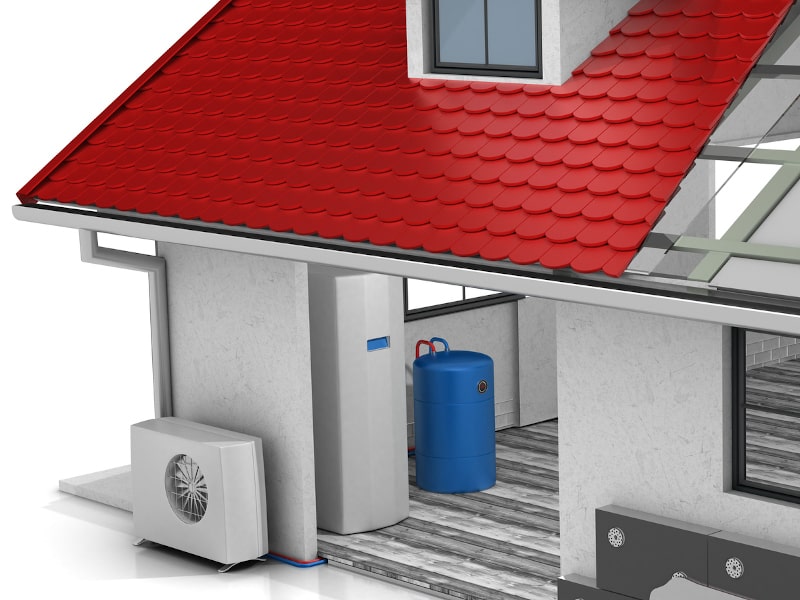The heat pump in your Gregory, TX, home operates differently than a furnace or boiler, so you must know how to work it properly for the right balance of comfort and saving money. Learning how to operate it efficiently and effectively is an understandable motivation. Keep reading to discover seven mistakes you should avoid with your heat pump.
Avoid Changing the Temperature Too Much
Your heat pump is most efficient when it maintains a constant temperature. Changing the temperature on your heat pump makes sense at the start of winter and summer. Otherwise, you should leave it alone.
Drastically changing the thermostat by more than a few degrees compromises its energy efficiency. Once you find the sweet spot on the thermostat, leave it there. Radically raising the temperature won’t make the home warm up any faster.
Be Willing to Make Exceptions
There are some instances when changing the temperature is OK, and you might consider lowering the temperature during the day if everyone in your family leaves. Lowering the temperature also makes sense if the home is empty for at least 24 hours, but make sure that pets are still comfortable. A programmable or smart thermostat helps you automate the different temperatures at various times so you can set it and forget it.
Don’t Forget to Lock Your Windows
Your windows will probably stay shut throughout the winter. You should lock them because they will have tighter seals, preventing cold air from entering your home. Doing this helps keep warm air inside your home so your heat pump doesn’t have to work as hard.
Energy-efficient windows with high thermal ratings can also help your heat pump work less. Additionally, opening curtains or drapes during the day might help heat the home through the greenhouse effect of the sun’s natural rays.
Don’t Ignore Drafts and Leaks
Your home might have enough heating, but it could be losing it through drafts and leaks. Exterior walls, doors and windows are places where warm air might get out. The attic or basement of your home might be more prone to this than other areas.
Caulking and insulation are cost-effective solutions that save you money and reduce your heat pump’s workload. A professional service technician can test for drafts and leaks to find the trouble spots.
Avoid Running Exhaust Fans Too Long
Exhaust fans help remove smelly odors and moist air from kitchens and bathrooms, but turn them off as soon as you’re done using them. Operating them too long pumps out warm air needlessly. Get your family to turn these off when they finish in these rooms.
Don’t Rely on Your Fireplace
Your fireplace might be a beautiful feature to gather everyone around, but don’t turn your thermostat down and expect the fire to make the difference. Most of a fire’s heated air goes up the chimney and exits your home.
While a cozy fire is one of the nicer aspects of winter, the chimney can be where cold air enters your home. It also allows warm air to escape. When you’re done with the fire, be sure to close the flue and damper.
Don’t Close the Vents in Rooms You Don’t Use
If your home has rooms you don’t use during the winter, don’t close the vents in unoccupied spaces. While it might not seem logical to heat empty rooms, your heat pump is set to heat your home evenly throughout.
If you disrupt the balance because you close some vents, then your system isn’t going to work nearly as efficiently as it should. If you have rooms or areas of the home you don’t use often, consider upgrading to a zoned system.
When you operate your heat pump carefully, you can save a lot of money on energy costs in your home. Ensure you meet your heat pump’s maintenance schedule and needs by having qualified service technicians visit regularly. Contact Bodine-Scott Air Conditioning Co. for all your home’s heat pump services.
Image provided by iStock

